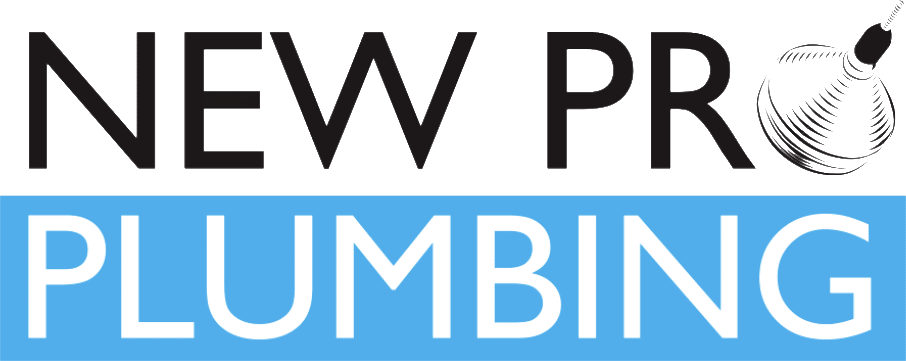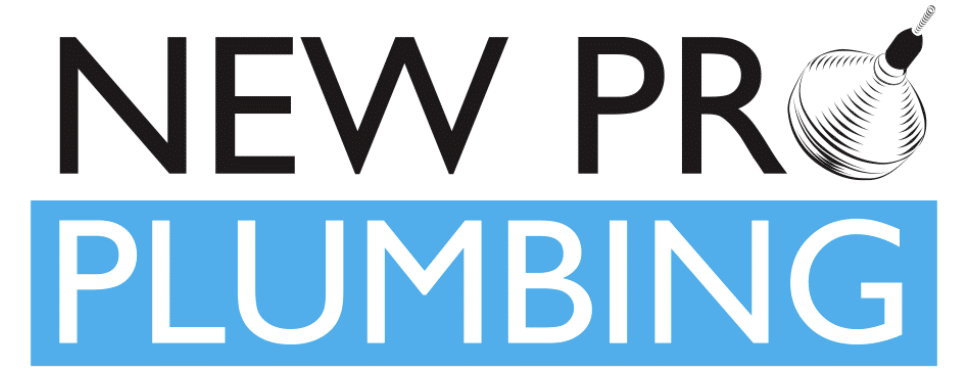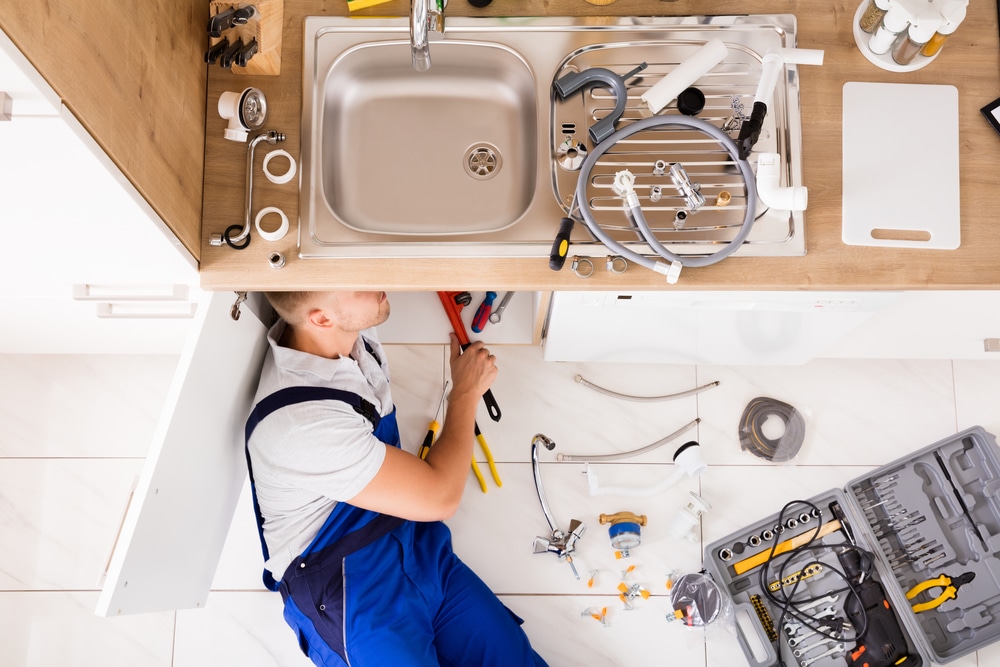Keeping your home’s plumbing system in good shape is essential for preventing costly repairs and ensuring everything runs smoothly. Just as you take care of your car or home’s heating system, your plumbing requires regular attention to work its best. Simple maintenance steps can go a long way in avoiding emergency calls and extending the lifespan of your plumbing fixtures.
Regular inspections and basic upkeep can help catch minor issues before they turn into major problems. This means fewer headaches and lower expenses in the long run. Plus, a well-maintained plumbing system is more efficient, saving you money on utility bills and reducing water waste.
In this guide, we will cover key aspects of residential plumbing maintenance, including inspecting your pipes, keeping drains clear, maintaining your water heater, and checking faucets and fixtures. By following these straightforward tips, you can keep your plumbing system in excellent condition and avoid unexpected plumbing emergencies.
Inspecting Your Pipes Regularly
Regular pipe inspections are crucial for maintaining a healthy plumbing system. Start by visually inspecting exposed pipes in your basement, crawl space, or under sinks. Look for any signs of wear, corrosion, or leaks. If you find any rust, moisture, or wet spots, this could indicate a problem that needs immediate attention. Make sure to inspect the joints and connections as well since they are common spots for leaks.
To inspect hidden pipes, keep an eye out for water stains on walls or ceilings, and listen for any dripping sounds, especially after using appliances like dishwashers or washing machines. If you notice any signs of leakage, it’s best to call a professional to assess and repair the issue. Regular inspections can help you catch small problems before they become big, expensive ones.
Additionally, consider using a moisture meter to detect hidden leaks in walls or floors. By taking these steps, you can stay ahead of potential issues and keep your plumbing system in top shape.
Drain Cleaning Tips
Keeping your drains clear is essential for avoiding clogs and maintaining efficient drainage. Here are some effective methods to keep your drains in good condition:
- Regular Flushing: Once a week, flush your drains with hot water to help clear away any buildup of grease, soap scum, and debris.
- Baking Soda and Vinegar: Pour half a cup of baking soda followed by half a cup of vinegar down the drain. Let it sit for 15 minutes, then flush with hot water. This natural solution helps break down minor clogs and deodorizes your drains.
- Use a Drain Strainer: Install drain strainers in your sinks and showers to catch hair, food particles, and other debris, preventing them from going down the drain and causing blockages.
- Avoid Pouring Grease: Never pour cooking grease or oil down the drain as it can solidify and cause clogs. Instead, collect it in a container and dispose of it in the trash.
For more challenging clogs, consider using a plunger or a plumber’s snake to dislodge the blockage. If these methods don’t work, it may be time to call in a professional for a thorough cleaning.
Regularly following these drain cleaning tips can help you maintain smooth, free-flowing drains and reduce the risk of plumbing issues in your home.
Maintaining Your Water Heater
Regular maintenance of your water heater can improve its efficiency and prolong its lifespan. One important task is flushing the tank to remove sediment buildup. First, turn off the power supply or gas to your water heater and let it cool. Connect a garden hose to the drain valve at the bottom of the tank, and run the other end of the hose to a nearby drain or outside. Open the drain valve and let the tank empty completely. This will flush out any sediment that has accumulated at the bottom.
After flushing, close the drain valve, remove the hose, and refill the tank with water. Turn the power or gas back on. It’s also a good idea to check and adjust the thermostat. The recommended setting is 120°F for optimal performance and energy savings. Keeping the temperature at this level can prevent scalding and reduce energy costs.
By regularly flushing your water heater and maintaining the correct temperature, you can ensure it operates efficiently and extends its useful life. Regular maintenance helps prevent problems like water temperature fluctuations or strange noises from the heater.
Checking Faucets and Fixtures
Faucets and fixtures are prone to wear and tear, leading to drips and leaks that can waste water and increase your utility bills. Start by inspecting all faucets and fixtures in your home, including those in the kitchen, bathrooms, and laundry room. Check for visible leaks and listen for any dripping sounds when faucets are turned off.
If you find any leaks, they may be caused by worn-out washers, O-rings, or seals. These components can be easily replaced with basic tools. Turn off the water supply to the faucet, disassemble it, and replace the damaged parts. Make sure to accurately reassemble the faucet to avoid further leaks.
Preventative maintenance can also help keep your faucets and fixtures in good condition. Clean the aerators on your faucets regularly to remove any mineral buildup, and periodically check and tighten connections to ensure they remain secure.
By taking these steps, you can ensure your faucets and fixtures remain in good working order, preventing water waste and potential damage.
Conclusion
Maintaining your home’s plumbing system is not as complicated as it may seem. Regular inspections, keeping drains clear, maintaining your water heater, and checking faucets and fixtures can help you avoid major problems and save money. A little effort goes a long way in ensuring the smooth operation of your plumbing.
Don’t wait for a problem to arise before taking action. By following these simple steps, you can keep your plumbing system running efficiently and extend its lifespan. If you ever encounter issues that you can’t handle on your own, it’s important to call professionals to help you out.
For expert plumbing services, contact New Pro Plumbing. We’re here to help you with all your residential plumbing needs. Contact us today to schedule an appointment with our residential plumber in Los Angeles and ensure your home stays in top shape.

















